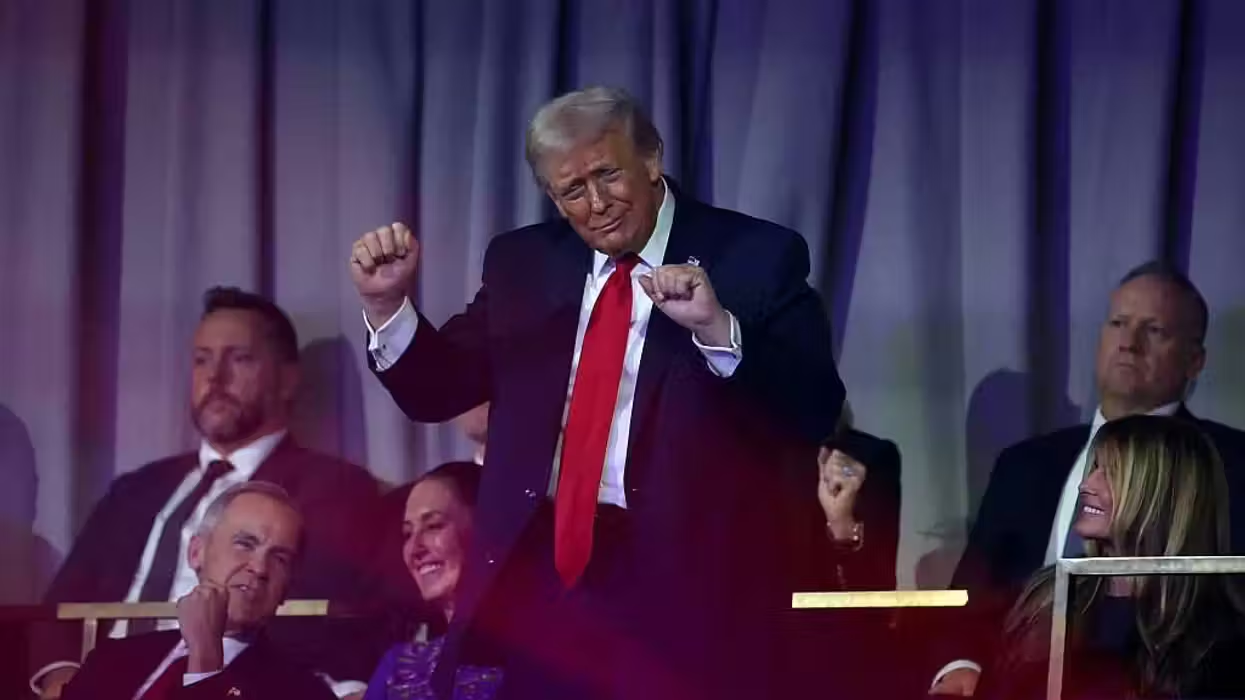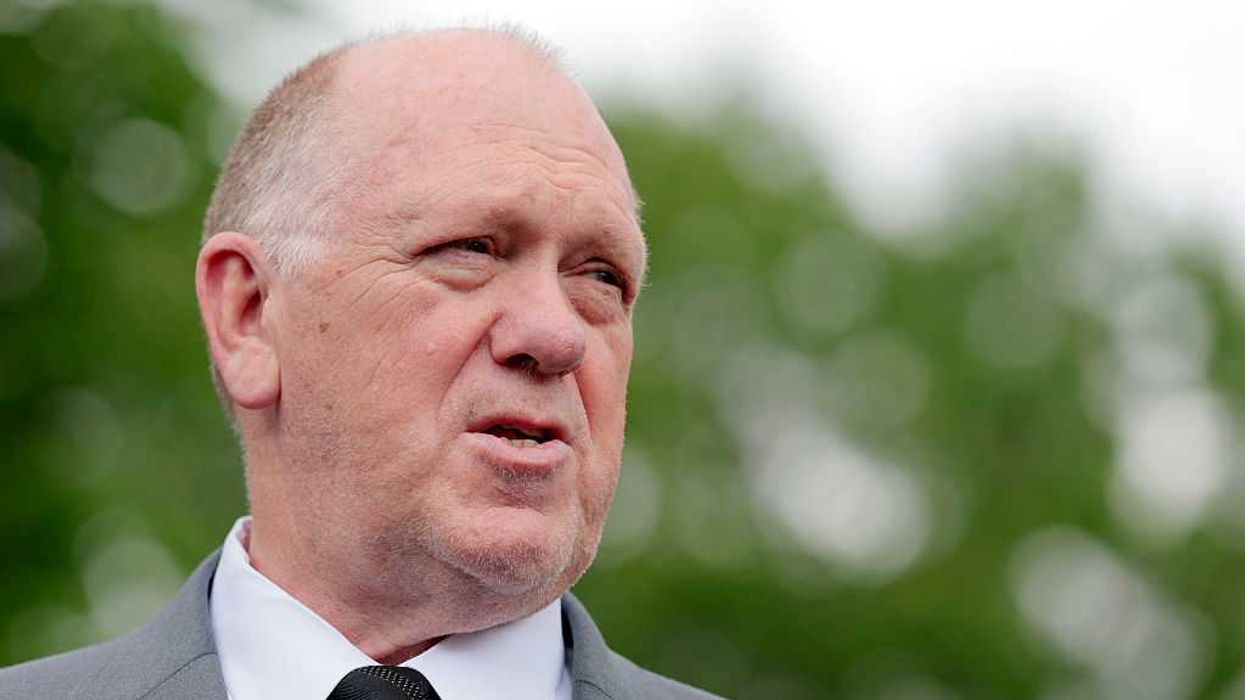Secretary of State John Kerry on Wednesday signed a controversial United Nations arms treaty aimed at regulating the global arms trade — but some U.S. senators say their body won't vote to ratify it.
 U.S. Secretary of State John Kerry speaks with attendees during a luncheon for delegates and heads of state at the United Nations General Assembly on Sept. 24, 2013 in New York City. (Getty Images)
U.S. Secretary of State John Kerry speaks with attendees during a luncheon for delegates and heads of state at the United Nations General Assembly on Sept. 24, 2013 in New York City. (Getty Images)
Sen. James Inhofe (R-Okla.) sent a letter to President Barack Obama on Tuesday warning him not to sign the treaty, saying it will be "dead in the water" since most senators have gone on record against the treaty, according to Fox News.
The U.S. Constitution allows the president to negotiate treaties, but ultimate ratification requires Senate approval.
Sen. Bob Corker (R-Tenn.) also said the arms treaty raises "fundamental issues" regarding the "individual rights protected by the Senate Amendment of the United States Constitution."
Over the summer, 130 members of Congress also signed a letter to Obama expressing opposition to the treaty, according to Fox News.
The U.S. is the world’s largest arms dealer and its accession is seen as critical to the treaty’s success, although many of the world’s other top arms exporters and importers have not signed the document.
The treaty will require countries that ratify it to establish national regulations to control the transfer of conventional arms and components and to regulate arms brokers, but it will not control the domestic use of weapons in any country. It prohibits the transfer of conventional weapons if they violate arms embargoes or if they promote acts of genocide, crimes against humanity or war crimes, and if they could be used in attacks on civilians or civilian buildings such as schools and hospitals.
The Associated Press contributed to this report.
Follow Oliver Darcy (@oliverdarcy) on Twitter
--
[related]

 U.S. Secretary of State John Kerry speaks with attendees during a luncheon for delegates and heads of state at the United Nations General Assembly on Sept. 24, 2013 in New York City. (Getty Images)
U.S. Secretary of State John Kerry speaks with attendees during a luncheon for delegates and heads of state at the United Nations General Assembly on Sept. 24, 2013 in New York City. (Getty Images)






